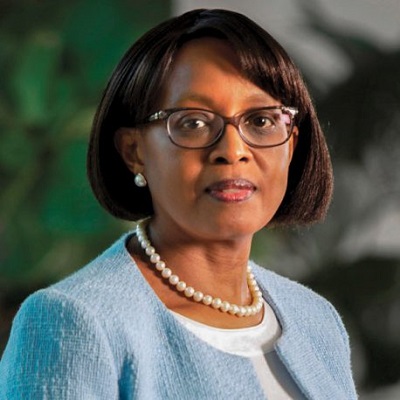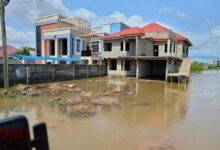
Two years after Ghana confirmed its first two cases of COVID-19 on March 12, 2020, a total of 1,445 people have succumbed to the disease.
Latest data by the Ghana Health Service (GHS) indicates that of a cumulative 160,716 people infected by the virus, 159,112 have recovered although COVID-19 was presently active in 159 individuals.
Fortunately however, the country has no critical cases with only one person in a severe condition contrary to previous years where most intensive care units (ICUs) were overwhelmed with critical cases of COVID-19.
So far with the exception of six regions, all others have no active case of COVID-19.
The Ashanti region which hitherto was the second epicentre for COVID-19 cases currently has no active case leaving the scene for the Volta region to take the second highest number of cases (eight), after the Greater Accra region with 102 active cases.
Forty-three of the active cases were confirmed at the Kotoka International Airport, three from the Western region and one each from the Ahafo, Eastern and Upper East regions, respectively.
Over the last seven days, 13 out of the 16 regions have not reported any COVID-19 case an indication that the country’s infection rates was on a downward curve.
Nonetheless, health experts warn the current picture was not indicative that the Ghana was out of the woods, especially as the SARS-CoV-2 virus that causes COVID-19 had several mutations resulting in different variants.
Ghana has had its fair share of such variants including the Alpha, Beta, Delta and Omicron which presents in milder symptoms than the ‘traditional’ ones.
Measures including closure of the country’s land and sea borders, observance of safety protocols at all public gatherings and travel guidelines for persons entering the country are still in force to avert a fourth wave of the pandemic.
Even so, Ghana is relying on its nationwide COVID-19 vaccination drive to immunize at least 60 percent (20 million) of its population by the end of the first quarter this year.
Aside ongoing exercises in health facilities across the country, the Ghana Health Service (GHS) is leveraging on “National Vaccination Days,” a campaign to increase uptake of COVID-19 vaccines to reduce severe illness, hospitalisation and deaths resulting from the infection.
As of March 10, 2022, a total of 12,744,162 COVID-19 vaccine doses have been administered nationwide.
They comprise AstraZeneca; 8,322,881, Sputnik-V; 17, 982, Moderna; 1,063,160, Pfizer-BioNTech; 2,162,091 and Johnson and Johnson; 1,178,048.
All people 15 years and above, including pregnant women, are eligible to receive the vaccine.
Meanwhile, the World Health Organization (WHO) says the African continent can control the COVID-19 pandemic in 2022 if current vaccination trends continue.
Dr Matshidiso Moeti, WHO Regional Director for Africa, said over the past two years, the African continent had gotten smarter, faster, and better at responding to each new surge in cases ofCOVID-19.
BY ABIGAIL ANNOH







